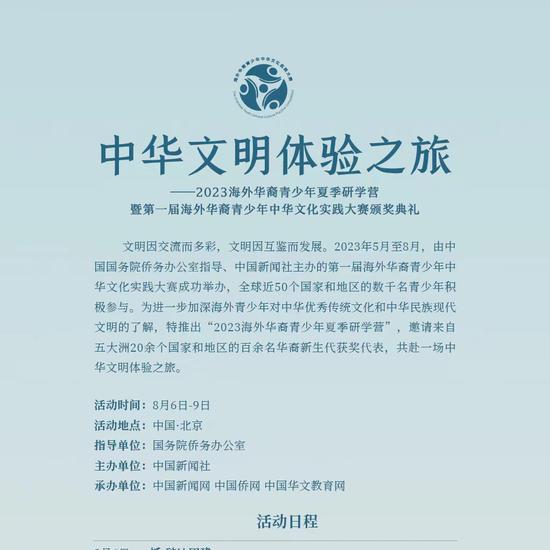Housing markets in major Chinese cities recorded varying trends during the eight-day holiday ending Friday, with key cities seeing stabilization while smaller cities appeared to need a longer time for full recovery, industry analysts said on Monday.
In late August, China's financial regulators announced housing credit policies will be adjusted and optimized. This prompted local governments to launch their own versions of policy fine-tuning.
As market sentiment improved in response, property developers launched a variety of promotions and marketing activities during the Sept 29-Oct 6 break for Mid-Autumn Festival and National Day.
Market performance was mixed in big cities, with Shanghai, and Guangzhou, Guangdong province seeing a rebound in sentiment. Meanwhile, Beijing, Shenzhen in Guangdong province, Chengdu in Sichuan province and Hangzhou in Zhejiang province remained stable, according to information in the public domain.
The volume of transactions for new homes in Shanghai rose. Apartments spanning some 103,300 square meters were traded, more than twice the 40,000 sq m sold during the same period last year, according to data from Centaline Shanghai.
"Ever since the municipal government of Shanghai announced it is redefining first-time homebuyers in favor of the market on the first day of September, new home sales have seen an improvement, driven by families (who already own homes) looking to improve their living conditions (by selling off their property to fund purchases of better homes)," said Lu Wenxi, a market analyst with Centaline.
But the pre-owned homes market received fewer visits and inquiries from prospective homebuyers during the holiday compared with regular weekends.
"It's normal to see fewer transactions during holidays because many people tend to travel," Lu said.
Although developers actively promoted their projects during the holiday, the response from potential homebuyers was varied, said Chen Wenjing, director of research with the China Index Academy.
In Shenzhen, regardless of holiday promotions and discounts offered by developers, the local home market stayed largely tepid, Chen said.
During the holiday, 34,500 sq m of new residential space was traded on average per day, down 46 percent year-on-year, and down 41 percent from the week prior to the break, according to China Index Academy data.
In contrast, the Beijing market was quite stable. Some 654 newly built apartments were sold totaling 69,100 sq m in terms of gross floor area, down 4 percent and 7.3 percent year-on-year, respectively, China Index Academy data indicated.
In the lead-up to the holiday, sales had already spiked shortly after Beijing announced housing policy adjustments in early September. Since the market is expecting further policy optimization, prospective homebuyers are biding their time, Chen said.
The 35 most representative cities' daily transactions dropped 20 percent year-on-year during the holiday on average, according to the China Index Academy.
Zhang Hongwei, founder of Jingjian Consulting, said data based on averages, however, cannot give a precise picture of the market nationwide as local markets tend to differ from city to city.
According to Zhang, the high frequency of measures rolled out by local governments since the end of August have brightened market sentiment, especially in key Chinese cities.
"But the effects were quite different even in key cities, including first-tier cities and top second-tier cities," Zhang said.
For instance, among the four benchmark cities, Shanghai and Beijing fared better than Guangzhou, and Shenzhen has not been very encouraging. Chengdu in Sichuan province and Nanjing and Suzhou in Jiangsu province outperformed their peers like Wuhan in Hubei province and Chongqing. Hangzhou in Zhejiang province is expected to roll out its policy adjustments soon now that the 19th Asian Games had concluded in the city on Sunday, Zhang said.
Chen said key Chinese cities' measures to address both supply and demand will continue to support the overall property market's recovery at an accelerated pace.
"Policy optimization along with demand for upscale homes from existing homeowners will hopefully help key cities to stabilize their local housing markets in the fourth quarter, though the recovery in smaller cities may take longer," said Chen.






























